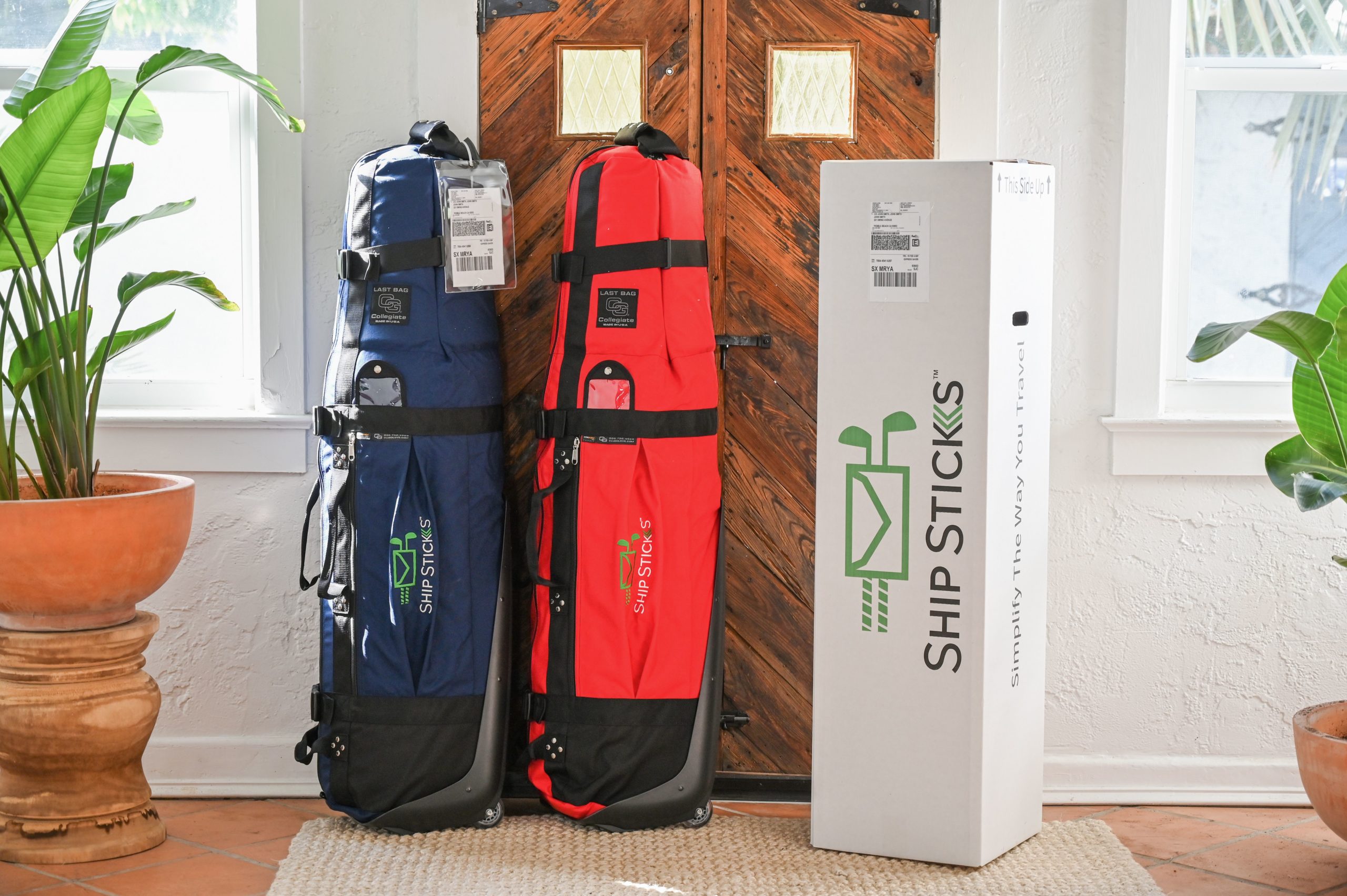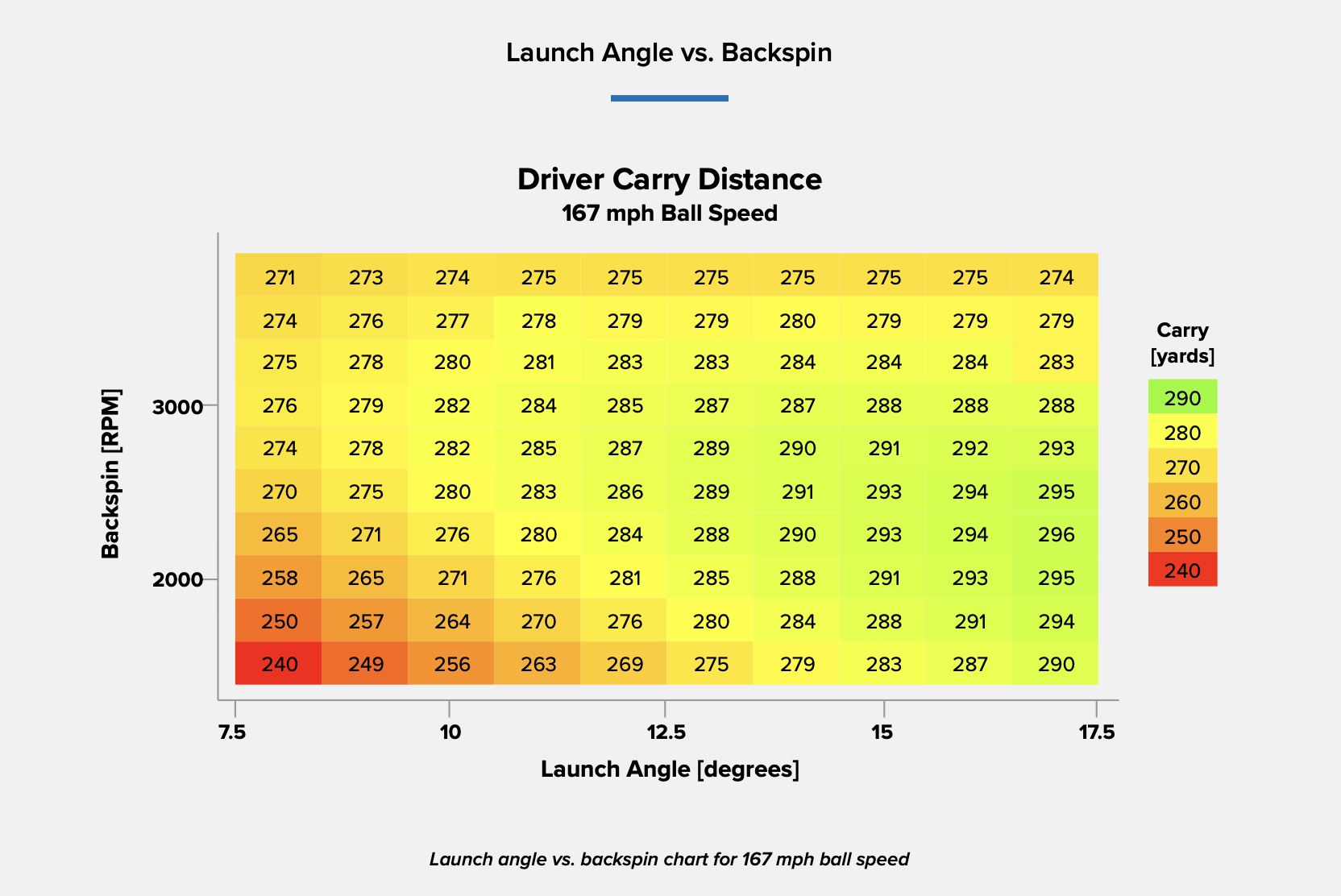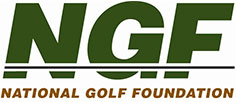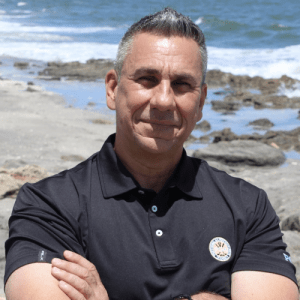Golf’s Biggest Outside Investors
As a company of actuaries and underwriters, Travelers Insurance doesn’t make a financial decision without understanding the underlying risk involved. Which explains why in 2005, company executives commissioned a research study to determine what sport best related to the insurance industry and the brokers and agents who sell their products. Golf was the unanimous choice.
“When we look at golf we know it fits our business model and what’s important to our team,” says Andy Bessette, executive vice president and chief administrative officer for The Travelers Cos.
Travelers has embraced golf, dating to its promotion of the 1961 Masters, and took over title sponsorship of the PGA Tour’s annual stop in Hartford in 2007, making it a hometown event with a hometown sponsor that supports hometown charities. A tournament that was on life support when Buick ended its three-year run in 2006, the Travelers was recognized as the PGA Tour’s 2017 “Tournament of the Year,” “Most Fan-Friendly Event,” “Best Sales” and winner of the inaugural “Players Choice” award.
“The ethos of Travelers is community, charity and our customers, and we really focus our efforts around that combination,” Bessette says.
Golf is a game perfectly suited for corporate sponsorship. For starters, the demographics of the typical golf fan are a highly desirable audience to engage with – almost 24 million people play the game and its total reach of approximately 98 million represents about one-third of the U.S. population. Golf works well for companies that deal in both the business-to-business and consumer space and want to advance charitable causes in the local community. Corporate sponsors get more than an image boost by associating with the Tour’s charities. They get incremental national media exposure, too.
“You basically get to use your dollars twice,” says Barry Hyde, executive vice president of the golf division for Wasserman, a sports marketing and talent management company. “A company like FedEx has B2B and consumers that are important to them as well as philanthropy. Golf becomes an efficient buy.”

Fan Services hosted by American Express at the 2018 U.S. Open. (Photo courtesy: USGA)
Golf’s biggest outside investors — non-endemics like Rolex, AT&T, Charles Schwab, FedEx and MasterCard, just to name a handful — devote millions of dollars to golf sponsorship and activations.
“It comes down to brands that look at their segmentation and say golf is a passion point for a significant number of our consumers and we have an opportunity to differentiate and engage here,” says Jeff Price, the PGA of America’s chief commercial officer.
The NGF’s participation and engagement study shows that the majority of people — regardless of whether they’re golfers or not — take notice of and could identify some companies that sponsor professional golf tournaments. And more than 70% of those surveyed say such sponsorships keep a company more top-of-mind among customers and prospects.
One of the biggest supporters of the game is Rolex, a leader in its field, an innovator and pioneer in the Swiss watchmaking industry. These attributes can also be recognized in its association with golf. Tying into events such as the Masters and athletes such as Jordan Spieth and Annika Sorenstam lends credibility and personality to Rolex’s brands, and strengthens its positioning as an industry titan.
Rolex’s relationship with the game of golf began in 1967, with Arnold Palmer, joined by Jack Nicklaus and Gary Player. Now spanning five decades, Rolex’s long-standing support of the game ranks as one of the most enduring and successful partnerships in sports — let alone golf — and has grown into one with a global reach.
Rolex is part of the very fabric of golf and supports the game at all levels — from elite players and legends of the game to juniors and seniors. How often have you seen a tall, green Rolex clock at a golf club or resort somewhere between the driving range and first tee?
“I can’t think of a company that is more globally and passionately associated with golf,” says Mike Davis, the USGA’s chief executive.

Rolex has long been one of golf’s biggest non-endemic supporters. (Photo courtesy: USGA)
The leading Swiss watch brand partners the principal professional tournaments and tours in golf, including three majors in men’s golf that constitute the pinnacle of achievement for the world’s best players each year.
In 2017, the commencement of a new initiative on the European Tour – The Rolex Series – denotes the continued commitment of Rolex to the game. The Rolex Series comprises eight tournaments – starting in England and visiting Italy, France, Ireland, Scotland, Turkey and South Africa before finishing in Dubai in November.
“Rolex is not a boisterous activation company,” says Keith Pelley, chief executive of the European Tour. “It’s not in your face, but when you leave the day after you’ve been a Rolex guest, you don’t feel like they’ve pushed the brand on you in any such way, but you just go, ‘Man…’ It’s the most remarkable way that they’ve marketed themselves. It’s incredibly creative but almost a silent creativity.”
Rolex’s support extends to all five women’s golf majors as well as a partnership of more than 30 years with the LPGA.
“Women’s golf has always been a second thought in a lot of companies’ minds but not in Rolex’s minds,” Sorenstam says. “They’ve been there from the beginning and supported the game at different levels.”

Two-time defending U.S. Open champion Brooks Koepka is a Rolex ambassador. (Photo courtesy: USGA)
In recent years, KPMG, the audit, tax and advisory services company, has become the title sponsor of the KPMG Women’s PGA Championship with a goal of focusing on women’s empowerment. To do so, organizers created an annual women’s summit that reaches across sports, politics, media and business and brings hundreds of women in leadership positions in these fields together. Speakers this year included former U.S. Secretary of State Condoleezza Rice, KPMG U.S. Chair & CEO Lynne Doughtie, Johnson & Johnson CEO Alex Gorsky, gold medal-winning U.S. hockey player Hilary Knight and former Olympic figure skater Nancy Kerrigan.
“It’s not the old idea of the CEO loves golf and is buying into it,” Price says. “That era has ended and now you have to show the metrics that are delivering against key business metrics. The best companies in golf are really understanding that and finding unique ways to drive those connections.”
Golf, however, still remains unrivaled as the participatory sport of business. Certain golf activities are bucket-list activities for executives, whether it is participating in the AT&T Pebble Beach Pro-Am, or KPMG clients playing with ambassadors Phil Mickelson or Stacy Lewis.
Hyde, who formerly served as vice president of global sponsorships and events for MasterCard International, tells a story of the value of golf sponsorship to non-endemics. In 2002, he recommended internally that the company no longer sponsor the PGA Tour Champions MasterCard Championship at Hualalai Golf Club on the Big Island of Hawaii due to lackluster ratings and a lack of buzz. Alan Heuer, MasterCard’s president at the time, viewed the relationship through a different prism.
“The CEOs of our biggest customers all come to Hawaii and spend three days with us and represent hundreds of millions of dollars in charge volume,” he said. “We can’t get their time without this event. It’s more than worth it.”
To borrow MasterCard’s own catchphrase, it was priceless. The sponsorship deal was renewed.
Today, MasterCard spends roughly 80 percent of its high-end consumer and business-to-business marketing efforts around golf. The company has made golf a global platform with leveraged programming at every local level. MasterCard, which has relationships with several players including Brandt Snedeker and Tom Watson as well as serving as the presenting sponsor of the Arnold Palmer Invitational, uses golf in its advertising, promotion, philanthropic messaging, sales and entertainment programs, and new product launches.
“They’ve been doing it long enough that the integration gets deeper and deeper every year,” Hyde says. “You have to be focused to get the maximum value.”
Another company that has long realized the corporate synergies with golf is AT&T, which is the title sponsor of not one but two PGA Tour events, a global sponsor of the Masters and has an endorsement deal with Jordan Spieth. AT&T is the second-longest continuous title sponsor on the PGA Tour, having celebrated its 33rd year associated with the Pebble Beach Pro-Am and is four years into a relationship with the AT&T Byron Nelson in Dallas.
Embed from Getty Images
Executives realize the company receives substantial brand exposure outside of commercial breaks through its involvement with golf. Shiz Suzuki, AT&T’s assistant vice president of global sports sponsorship, says the company’s products and technology solutions – from mobility to content distribution – enable it to enhance the event experience.
“Golf also allows us to reach all our constituents, from the junior golfer to the business decision maker, to the communities in which we give back to,” says Suzuki. “As for Jordan, we recognized his potential and feel he embodies our brand values. Best in class, innovative and sparking interest with young and heritage golf fans… He’s an all-around great guy, and fans can see that.”
As can so many businesses see that golf proves to be a solid investment.
Short Game.
"*" indicates required fields
How can we help?
NGF Membership Concierge

"Moe"
Learn From NGF Members
 Ship Sticks Secrets to a Hassle-Free Buddies Golf Trip
Ship Sticks Secrets to a Hassle-Free Buddies Golf Trip
Whether you’re the head planner of your upcoming buddies golf trip or simply along for the ride, we’ve gathered a few easy ways to keep everyone in your group happy.
Read More... Golf Course Turf, Soil and Water Quality Diagnostic Testing
Golf Course Turf, Soil and Water Quality Diagnostic Testing
As humans, we see our primary care physician on a regular basis to proactively evaluate our vital signs. Likewise, a superintendent should perform frequent diagnostic testing on their golf course.
Read More... Unlocking Distance: Launch Conditions and Angle of Attack
Unlocking Distance: Launch Conditions and Angle of Attack
We’ve long known that higher launch and lower spin is a powerful combination for generating consistently long and straight tee shots. A key factor in optimizing launch conditions, one often overlooked, is ...
Read More...





